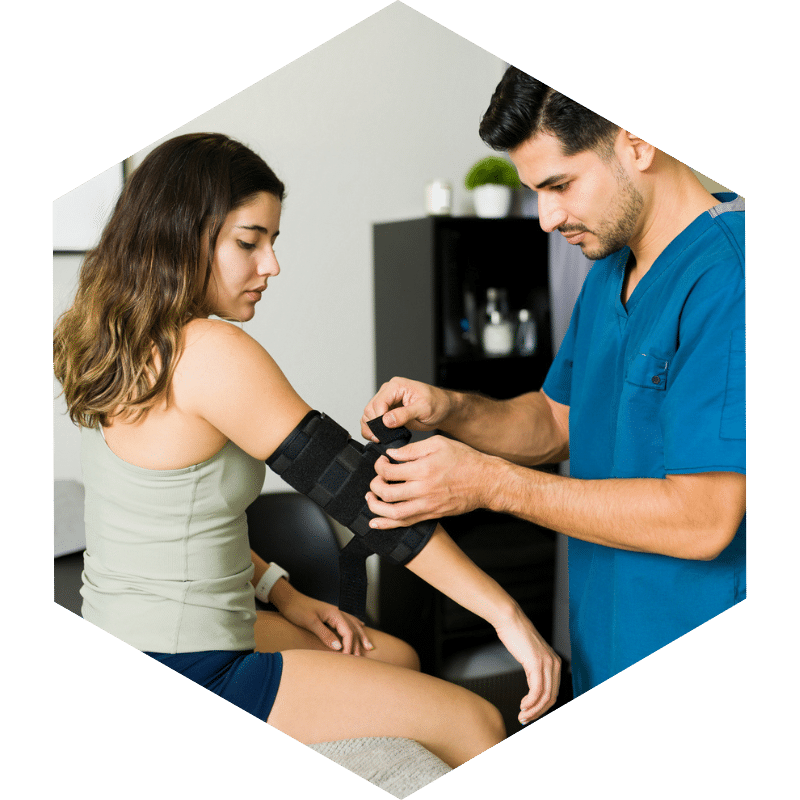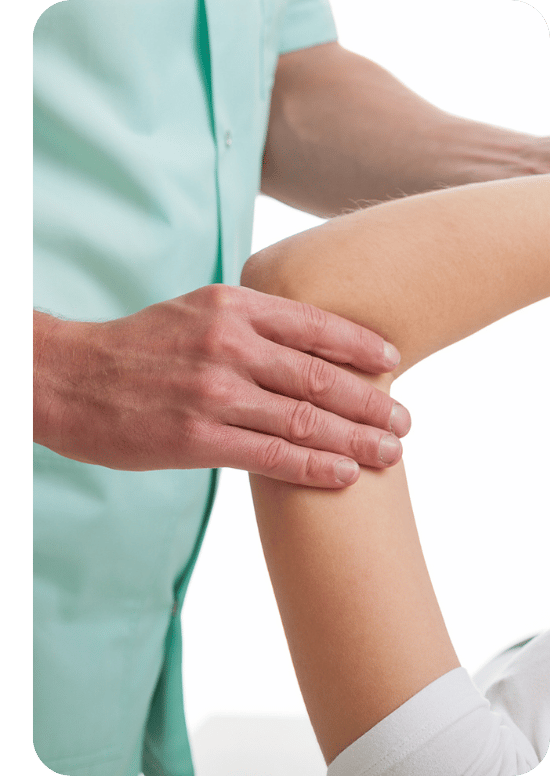
Experienced Orthopedic Surgeons
Quality Elbow Care
At Georgia Bone & Joint Surgeons, we are dedicated to providing our patients with high quality service throughout your treatment journey. Our physicians specialize in elbow surgery and pain treatment and can provide personalized treatment options based on your diagnosis and medical history. We also stay up-to-date with the latest technologies to ensure that you are receiving the best available care.




